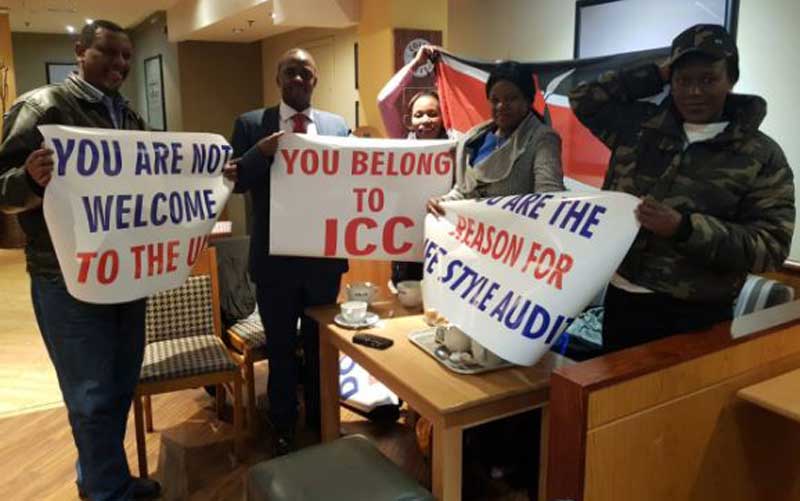×
The Standard e-Paper
Join Thousands Daily

Kenyans living in London have called for the prosecution of corrupt leaders at the ICC.
In a protest outside Chatham House, the demonstrators said most governments are unable to prosecute the President or his deputy, who in most cases are the beneficiaries of the scourge.